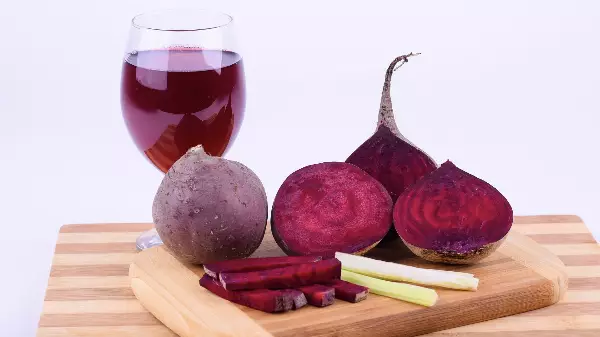The Most Common Cooking Herbs On The Globe
If you love food (or cooking), you know that there is no perfect dish without flavors. And since there are plenty of ingredients available, one might wonder which herbs should gain a place in your kitchen cupboard. We did our research (and added some of our personal favorites ingredients) and came up with this article. So, let’s see which are the most common cooking herbs on the globe you need to try today!
What are cooking herbs?
Cooking herbs are aromatic edible plants used to flavor distinct foods. Most of those herbs have both therapeutic and culinary uses, which is why they might have potential health benefits. You can use from those plants their leaves or spices. Chefs recommend using both dried and fresh herbs to flour food.
Which are the most common cooking herbs on the globe?
#1 Basil
Basil is part of the mint family, and it has some deep green leaves. It offers a sweet flavor with hints of mint, pepper, and anise. You should know that there are several types of basil, such as Thai sweet basil, holy basil, or lemon basil. You can use this herb for Asian dishes and Italian sauces.

#2 Mint
Another common culinary herb is mint. It releases a unique cooling sensation due to the high menthol content in the plant. It can be used for its medicinal purposes, but it is quite common in the kitchen. You can add it in tea, Thai food, or Vietnamese pho.

#3 Cilantro
Cilantro or coriander has a citrusy, delicate, and tart flavor. Its bright green leaves offer a unique finish to any dish when added fresh. It is an ally for Mexican and Middle Eastern Cuisine. But it is not uncommon in Chinese dishes either.

#4 Oregano
Oregano is that fragrant herb popular in salads. It is too part of the mint family, which is why it has a smooth peppery flavor. You can add it to salads, sauces, Turkish, Greek, Italian, or Mexican dishes.

#5 Thyme
Thyme is frequently used fresh, as it doesn’t lose its flavor due to heat. This herb is excellent for hearty dishes such as chicken breast, pork loin, or fatty meats.

#6 Bay leaf
Bay leaf is a staple ingredient in Greek and Italian cuisines, but you can find it in several European culinary approaches. It is an aromatic herb with a bitter taste, being an excellent addition in dried and steeped stews, sauces, or soups.

#7 Rosemary
Chefs say that rosemary is a romantic herb, which has the power to change the flavor of a dish completely. Its whole aromatic sprigs offer a herbaceous and fresh aroma. You can use it for cooking meat, vegetables, or spicy recipes.

#8 Dill
Dill has a grassy flavor, and it is usually added in dressings, creamy salads, and egg dishes. Still, it is not uncommon in creamy ingredients such as cream cheese.

#9 Marjoram
Marjoram resembles quite well oregano, as it has slightly lemony leaves. It is great for poultry dishes and egg recipes. Also, fresh marjoram leaves are great for soups and sauces.

#10 Lavender
Even though it might seem odd, there are numerous areas on the globe where lavender is a key culinary herb. It has a distinct fragrance, which can be used in foods like lavender jam, lavender roasted potatoes, or shortbread cookies.

So, what to use: fresh or dried cooking herbs?
Now that you know which are the most common cooking herbs on the globe, you most likely ask yourself what to choose between fresh and dried plants. You should know that fresh herbs offer an improved taste when compared with dried ingredients. The advantage of using dried herbs is that you can store them for a more extended period. Also, dried culinary herbs must be added during the cooking process, while fresh herbs are added at the end. After all, it is all about your preferences.
The bottom line
These are the most common culinary herbs on the globe. Of course, there are numerous other plants you can use to flavor your dishes based on your preferences and recipes. And the best part about such ingredients is that you can grow them in your kitchen. Using some small jars, you can plant lavender, mint, oregano, and many more. In this way , you will always have access to your fresh culinary herbs.
, you will always have access to your fresh culinary herbs.
updates?










0